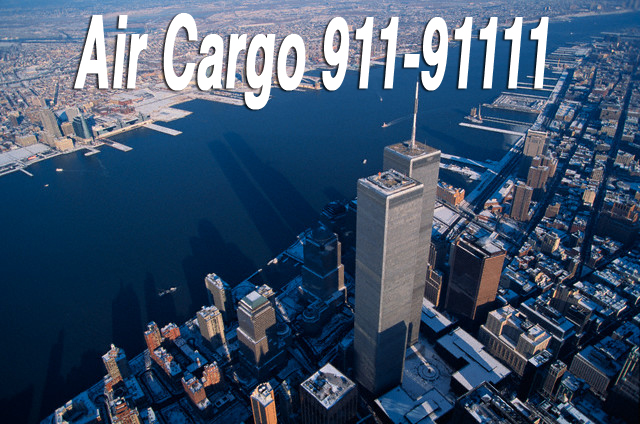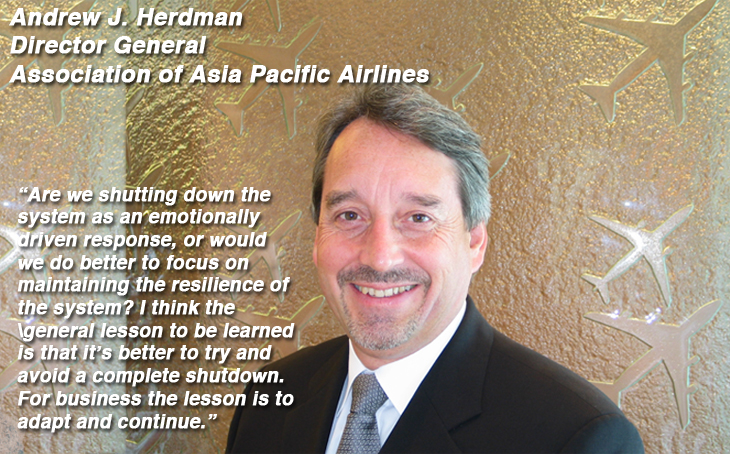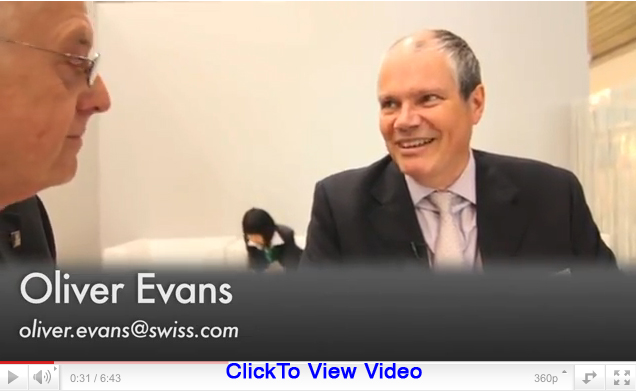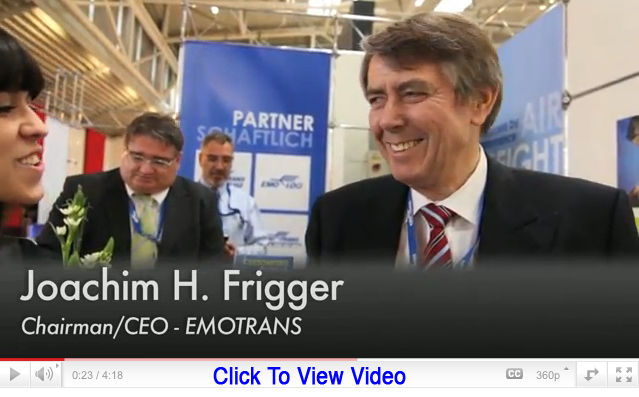

On 9/11 I was at home in Hong Kong watching
TV, riveted and shocked as the tragedy unfolded. At the time I was
working for the Swire Group, whose interests include Cathay Pacific
Airways, in a role working across a number of industries including
aviation.
It was clear immediately that the terrible
scenes were going to have a devastating impact on aviation. The U.S.
aviation system was completely shut down for several days. More broadly,
it fundamentally affected the willingness of people to fly, and it
had severe economic consequences for the industry and the global economy.
Looking back ten years, although it was one of those time-stopping
moments then, for aviation it strikes me that there are some lessons
in how we should respond to crises in general, be that volcanic ash,
a pandemic or a natural disaster. The initial response is usually
to shut down the system. It is similar in a financial crisis. Do you
shut down stock exchanges? But if you do, when do you reopen them?
Are we shutting down the system as an
emotionally driven response, or would we do better to focus on maintaining
the resilience of the system? I think the general lesson to be learned
is that it’s better to try and avoid a complete shutdown. For
business the lesson is to adapt and continue. Operations should be
maintained where possible because if everything stops then it’s
harder to get moving again.
The other big impact on the industry
was on security. It prompted a number of new initiatives for both
passenger and cargo security, including reinforced cockpit doors for
example. A number of countries started using armed sky marshals, although
in hindsight the analysis seems to be somewhat skeptical on the cost
benefit of those programs.
What the last decade since 9/11 has
shown, is that whenever you try and tighten security you need to look
at both the benefits and the cost. We are not very good at looking
at the costs because they can relate to whole supply chains, to delays,
congestion, general hassle. These things are hard to put a number
on.
But if terrorism and counter-terrorism are like a game of chess, and
the terrorists’ aim is to disrupt society, then in a sense we
have to avoid playing that game, if by over reacting to the perceived
threat, we end up disrupting society even more.
The best way to do this is through proper
risk assessment and cost-benefit analysis. Some say safety is too
important to put a price on, but traditionally safety improves when
you do exactly that. You need to do the things that make the most
sense. Similarly, we need to make disciplined choices on security
and weigh the intangibles.
The aviation industry is extraordinarily
safe and secure. As an indicator, the costs of insuring the overall
industry against residual risks is around $2 billion annually, including
war risk premiums of a few hundred million a year. That works out
at less than a dollar a passenger.
So when people talk about improving
safety and security I think it’s safe to say the bar is pretty
high at the moment. If someone says a measure will make the industry
more secure, then they should ask how much will this save on insurance
– it might cost billions but save nothing because it does not
actually reduce risk to the industry.
No one should overlook how safe and
secure the industry is already, that’s one reason why high value
items go by air. The system is hardened against criminals, which also
makes it very secure against other types of unlawful interference.
With any security initiative you need
to look at what you are trying to do. What is the end objective? We
have argued for such an approach for air cargo. I think we need to
use a risk-based approach, and recognize the value of trusted supply
chain relationships, and intelligence on shipments, rather than simply
focusing on 100% screening, which the U.S. plans to introduce for
all inbound flights by the end of this year.
If you simply get drawn into a screening
ritual and ignore cost and outcome, you also end up with unnecessary
duplication of procedures internationally. This is also costly in
terms of time and if you slow down the whole process then you diminish
the value of the service to customers. It’s not just the procedure
cost, it’s a judgment about the cost imposed on the economy
and society at large, and whether there is any benefit to security.
There’s no such thing as 100%
safety or security, it’s a goal we set ourselves.
At the time of 9/11, ten years ago,
it was hard to imagine things turning back to normal. But one thing
that happens without fail after any major setback is that air travel
and cargo demand picks up and continues to grow.
It’s a very resilient industry,
both operationally with its ability to get running again, and from
a consumer perspective, because however shocking the event, what’s
striking is how the underlying trend reasserts itself. People will
always want to travel. Air cargo demand continues to grow.
The aviation industry is an integral
part of the global economy, connecting people and serving the community.
In some ways, that reminds us that however bad things might look at
any given moment, there is always reason to be confident about tomorrow.
|




